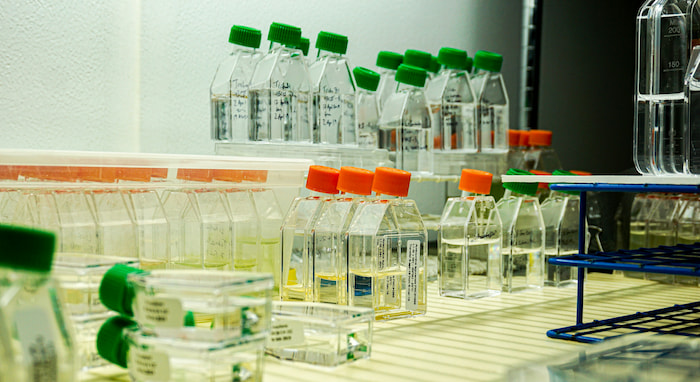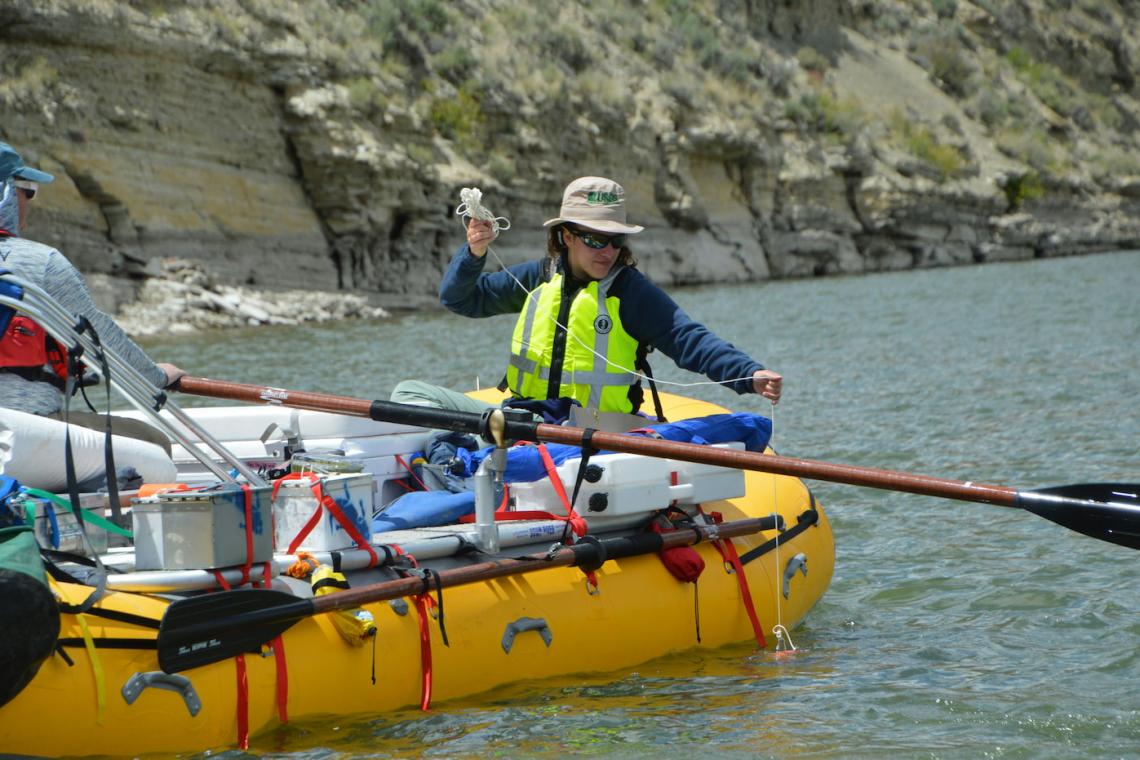The community science movement emphasises how anyone can participate in scientific research without formal education or experience. An emerging trend shows how community scientists can collectively highlight the need for environmental justice.
Fighting Air Pollution
Growing evidence shows polluted air can cause numerous adverse effects. These undesirable outcomes may happen much faster than people expect. A 2023 study revealed how only two hours of diesel exhaust exposure decreases human brain functionality. Although the researchers said the changes were temporary, they could last longer in people subjected to continuous pollution. Research elsewhere connected air pollution with lower birth weights and increased asthma risks as children age.
Some people may feel air pollution is so massively problematic that it’s out of their control. Fortunately, community science is beginning to empower concerned individuals. A pilot program offered by the grassroots organisation Texas Environmental Justice Advocacy Services (TEJAS) allows any Houston resident to log and anonymously report pollution signs. TEJAS representatives plan to build scientific evidence with the data and use it to alert the appropriate authorities.

St. Louis churches also pioneer a Missouri program. It relies on 15 sensors that provide hourly air quality and pollutant data. Residents can log into a dedicated portal to monitor changes or report their experiences. One of the goals is to track geographic fluctuations in particulate matter pollution throughout the year.
Some participants feel compelled to contribute while realising communities of colour disproportionately experience poor air quality. Many people have attended the same churches for decades, fostering trust in faith leaders. Those overseeing congregations are uniquely positioned to influence others, demonstrating by example that community science can illuminate and improve air-quality issues.
Tracking Water Quality
Water sample monitoring is essential to protecting public health through regulation adherence. Residents can use gathered evidence to reinforce concerns that local utilities are not meeting requirements to keep water sources clean.
In one example, North Carolina residents formally requested the United Nations investigate chemical company Chemours. The action was due to allegations the business has a four-decade history of polluting the area’s water with “forever chemicals.”
During the COVID-19 pandemic, 58 citizen scientist volunteers collected lake water samples from 60 sites across 16 bodies of water in Ontario, Canada. Those participants helped professional researchers see how nearshore nutrient levels changed across three months.
A 2022 campaign also allowed Irish residents to become citizen scientists who monitored water quality. Participants received test kits by mail and used them to check nitrates and phosphates across four days. Scientists from Dublin City University compiled the data after it was uploaded to an app. This initiative showed which areas have the cleanest water or need further attention.
Tackling Plastic Pollution
Despite significant progress, the ocean remains largely mysterious. Statistics indicate as much as 95% remains unexplored in detail. A team overseeing a 2023 study also warned how microplastics are complex oceanic pollutants, and there is much to learn about their environmental impacts.
However, everyday people can assist in the ongoing effort to understand and quantify the effects. An ongoing European Union-funded initiative helps young people across Europe become community scientists by tracking microplastic pollution in local waterways.
In the autumn of 2022, 11 European Union member states organised nearly 300 water-sampling campaigns with the help of approximately 5,000 young people. This effort to involve schools and youth groups is notable because it shows how age is no limitation to supporting environmental justice and becoming personally involved.
Empowering People Everywhere
It’s easy to become overwhelmed by widespread, enduring environmental issues. However, these examples show how concerned people can use the power of scientific evidence to spur much-needed change. Science professionals are vital in leading such revolutions, but people-powered activism and community science can highlight issues while contributing to meaningful solutions.


